Canada has expelled six Indian diplomats, including the high commissioner, in connection with the murder of a Sikh separatist leader. This move also suggests a broader effort by India to target dissidents in Canada.
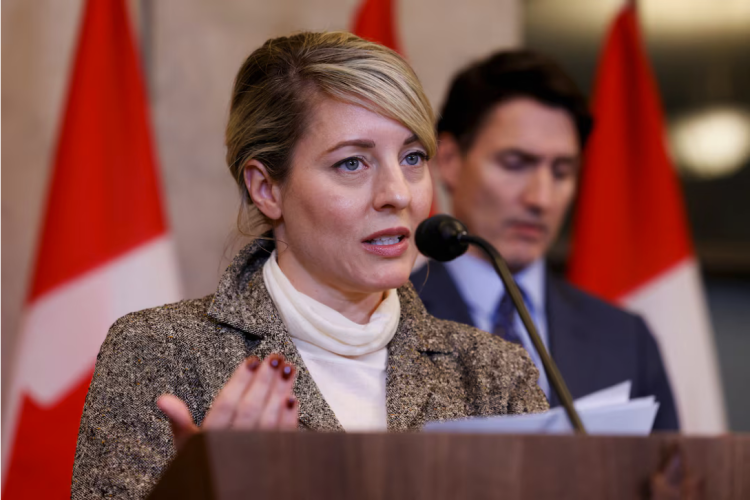
In response, India has ordered the expulsion of six senior Canadian diplomats, including the acting high commissioner, and has withdrawn its envoy from Canada, contradicting Canada’s expulsion statement.
This diplomatic dispute marks a significant deterioration in relations between the two Commonwealth nations.
Ties have been strained since Canadian Prime Minister Justin Trudeau stated last year that he had evidence linking Indian agents to the assassination of Sikh leader Hardeep Singh Nijjar on Canadian soil.
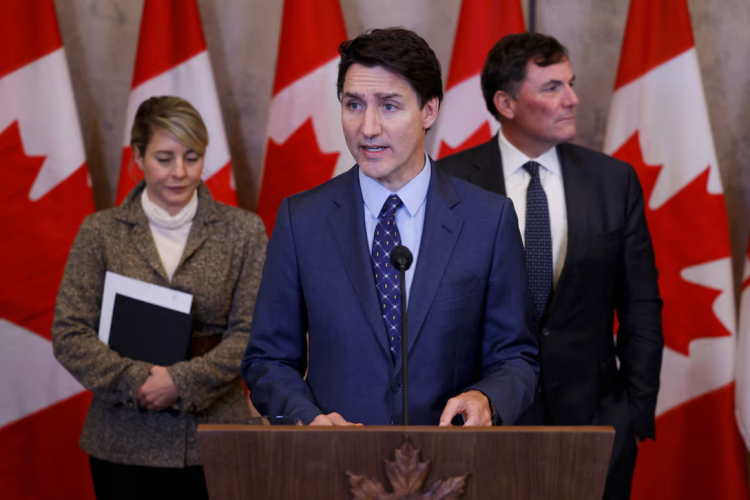
Trudeau claimed that the Canadian government now has “clear and compelling evidence” indicating that agents of the Indian government are engaged in activities that pose a serious threat to public safety.
He described these actions as involving covert information-gathering techniques, coercive behavior targeting South Asian Canadians, and participation in numerous threatening and violent acts, including murder.
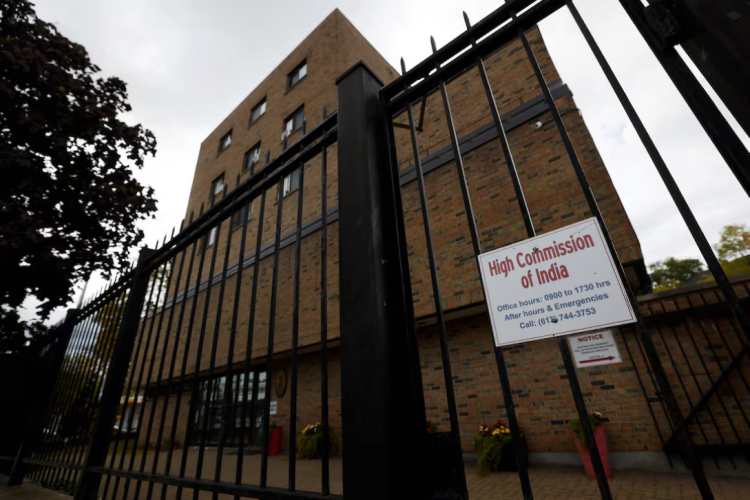
“This is unacceptable,” he stated, adding that India made a grave mistake by engaging in criminal activities in Canada.
India has consistently denied Trudeau’s allegations, and on Monday, it dismissed Canada’s inquiry as a pursuit of a “political agenda.”
The Royal Canadian Mounted Police (RCMP) indicated that the Indian government has conducted a widespread campaign against Indian dissidents, including homicides and extortion, utilizing organized crime to target the South Asian community in Canada and interfering in democratic processes.
Brigitte Gauvin, the RCMP’s assistant commissioner, highlighted the involvement of organized crime elements, specifically naming the “Bishnoi group.”
































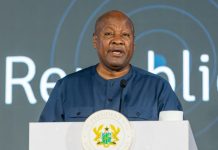


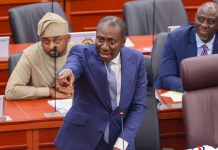
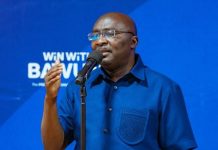
















![[FREE FREE MONEY] Predict and Win a Guaranteed GH¢200 From Us EVERY WEEK](https://wordpress.ghanatalksradio.com/wp-content/uploads/2022/02/Predict-and-Win-Final-09-03-2021-218x150.jpg)
![[Predict & Win – 8th/Oct.] WIN A Guaranteed ¢200 From Us This Week](https://wordpress.ghanatalksradio.com/wp-content/uploads/2021/10/maxresdefault-16-218x150.jpg)
![[Predict & Win – 2nd] WIN A Guaranteed ¢200 From Us This Week](https://wordpress.ghanatalksradio.com/wp-content/uploads/2021/09/maxresdefault-50-218x150.jpg)
![[Predict & Win – 25th] WIN A Guaranteed ¢200 From Us This Week](https://wordpress.ghanatalksradio.com/wp-content/uploads/2021/09/maxresdefault-36-218x150.jpg)
![[Predict & Win – 18th] WIN A Guaranteed ¢200 From Us This Week](https://wordpress.ghanatalksradio.com/wp-content/uploads/2021/09/maxresdefault-23-218x150.jpg)


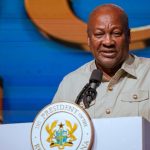
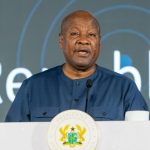






![[National cathedral] See full list of churches that have contributed since 2018](https://wordpress.ghanatalksradio.com/wp-content/uploads/2020/09/Ghana-National-Cathedral-GhanaTalksRadio-100x70.jpg)



